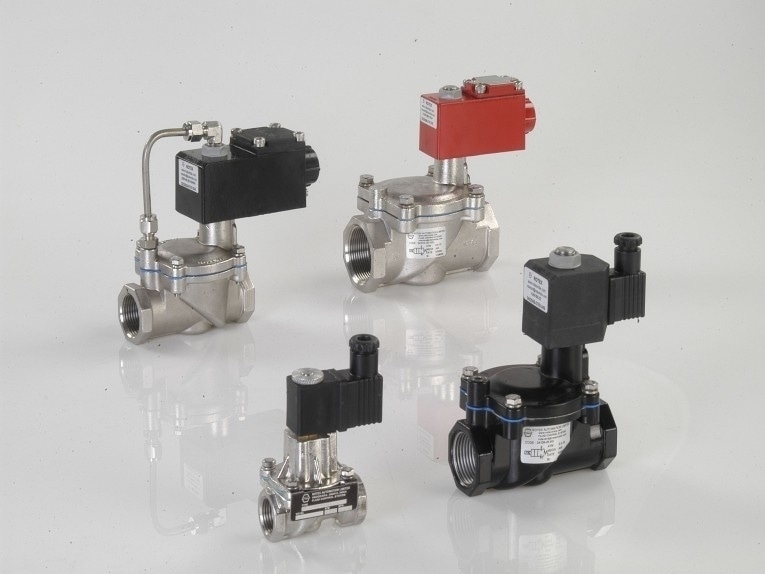
#Product Trends
Unleashing the Potential of 24V Solenoid Valves: A Comprehensive Guide
In the realm of industrial automation, 24V solenoid valves have emerged as indispensable components, offering precise control over fluid flow in various applications.
We delve into the functionality, benefits, and diverse applications of 24V solenoid valves, shedding light on their essential role in optimizing industrial processes.
1. Understanding 24V Solenoid Valves
24V solenoid valves are electromechanical devices that regulate fluid flow through the controlled activation of a magnetic field. Operating at a voltage of 24 volts, these valves excel in industrial environments due to their reliability and compatibility with common power systems.
2. Key Advantages of 24V Solenoid Valves
a. Precise Control: 24V solenoid valves provide accurate and responsive control over fluid flow, allowing for precise adjustments and optimized operational efficiency.
b. Energy Efficiency: By consuming minimal power, these valves contribute to energy savings, resulting in reduced operating costs for businesses.
c. Fast Response Time: With rapid actuation capabilities, 24V solenoid valves facilitate quick adjustments, improving overall system performance and responsiveness.
d. Compact Design: The compact nature of these valves makes them suitable for installations with limited space, ensuring seamless integration into automation systems.
3. Applications of 24V Solenoid Valves
a. Industrial Automation: In assembly lines and manufacturing processes, 24V solenoid valves play a crucial role in controlling fluid flow, enabling efficient and automated operations.
b. Process Control Systems: These valves find extensive use in process industries such as oil and gas, chemical, and pharmaceutical, regulating the flow of liquids and gases with precision and reliability.
c. HVAC Systems: 24V solenoid valves are integral components in heating, ventilation, and air conditioning systems, facilitating the control of refrigerant flow and ensuring optimal temperature regulation.
d. Water Management: From water treatment plants to irrigation systems, solenoid valves provide accurate control over the flow of water, improving efficiency and resource management.
4. Choosing the Right 24V Solenoid Valve
a. Flow Capacity: Consider the required flow rate and pressure range to select a valve that can handle the specific demands of your application.
b. Material Compatibility: Evaluate the compatibility of the valve materials with the fluid being controlled to ensure durability and avoid corrosion or contamination.
c. Environmental Considerations: For applications in extreme conditions or hazardous environments, opt for solenoid valves designed to withstand high temperatures, corrosive substances, or potentially explosive atmospheres.
d. Certifications and Standards: Look for valves that comply with industry standards, certifications like ATEX, ensuring safety and quality compliance.
24V solenoid valves are vital components in industrial automation systems, offering precise control, energy efficiency, and rapid response times. By understanding their advantages and applications, businesses can harness the full potential of these valves to optimize their processes, improve productivity, and reduce operational costs. Choose the right 24V solenoid valve based on your specific requirements, and unlock a world of possibilities for enhanced fluid control in your industry.




